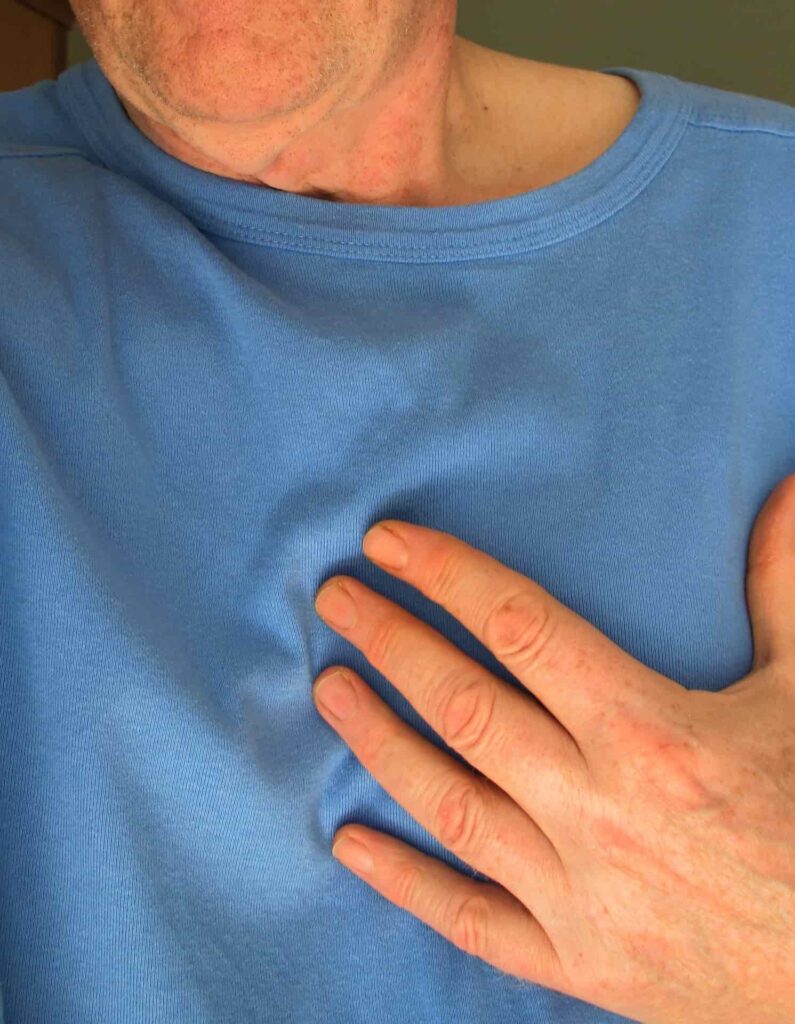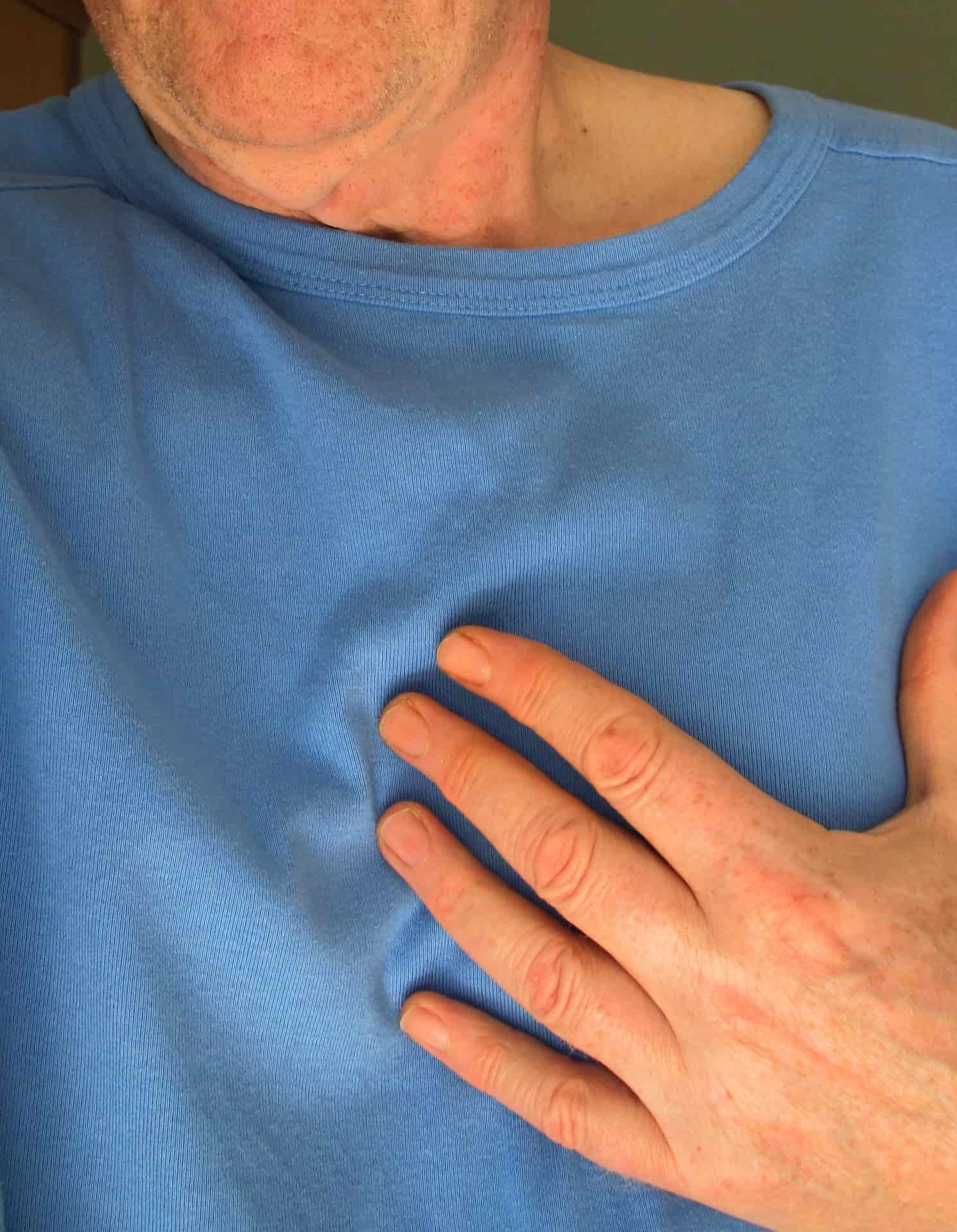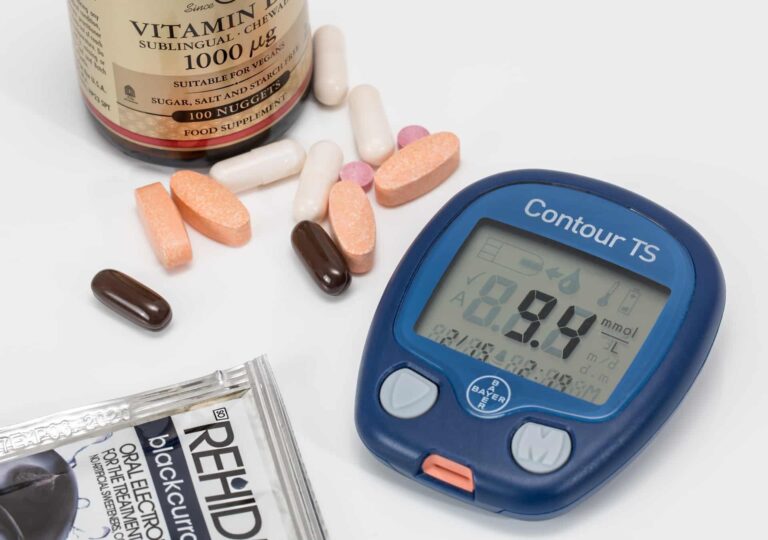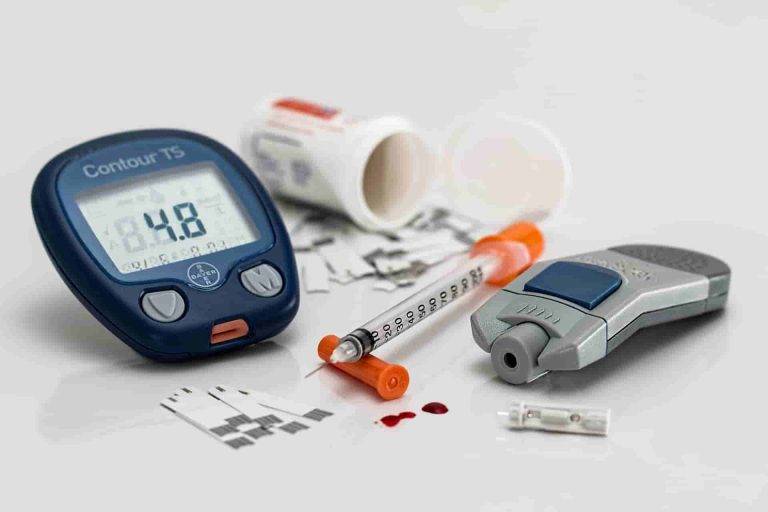The most common symptoms of a (silent) myocardial infarction
According to American research, almost half of all heart attacks go unnoticed. While after such a silent heart attack you are three times as likely to die from heart failure or other health problems.
It may sound unimaginable, but you don’t have to notice a heart attack at all. With such a light, silent heart attack, you can see on a heart film that a heart attack has taken place, but you have not noticed anything at all.

Palpitations and sweating
In the period before or after a silent heart attack, you may feel more tired than usual, have some heart palpitations, or sweat more than usual. But these are all normal phenomena during the menopause. Many women and general practitioners therefore do not initially think of heart complaints, but of a hormone issue.
More chance that it will go wrong afterwards
But after such a silent heart attack, which is also more common in women than in men, you are much more likely to die of heart problems, or any complications whatsoever. This is shown by American research published in Circulation, the journal of the American Heart Foundation[1].
How do you know if you have ever had a silent heart attack?
That’s exactly it: you don’t know. You can only tell from an ECG that you have ever had a heart attack. Gynecologists therefore advise women to have their cholesterol, blood pressure and blood sugar checked every few years from the age of 50. After the menopause, your body produces less and less of the hormone estrogen. And the less estrogen, the higher the risk of cardiovascular disease, such as a silent heart attacks.
This is how you recognize a (silent) heart attack
When things do go wrong, the most common complaint with a myocardial infarction is an oppressive or pressing pain in the middle of the chest that:
- can radiate to upper arms, neck, jaw, back and stomach area
- also lasts longer than five minutes at rest
- may be associated with sweating, nausea or vomiting
Women also often have one of the following complaints:
- pain in the upper abdomen, jaw, neck, or back
- pain between the shoulder blades
- shortness of breath
- extreme tiredness
- dizziness
- feeling restless, anxiety, rapid breathing
- nausea or vomiting
At the doctor
Precisely because women more often have vague complaints, it is important to inform your doctor as quickly and properly as possible. This video shows the best way to discuss your complaints with the doctor.
Prevention is better than cure
Fortunately, you can prevent cardiovascular problems as much as possible by exercising regularly, getting enough sleep, eating a healthy diet and not smoking. Even if you do, it is wise to always contact a specialist with the above complaints.






